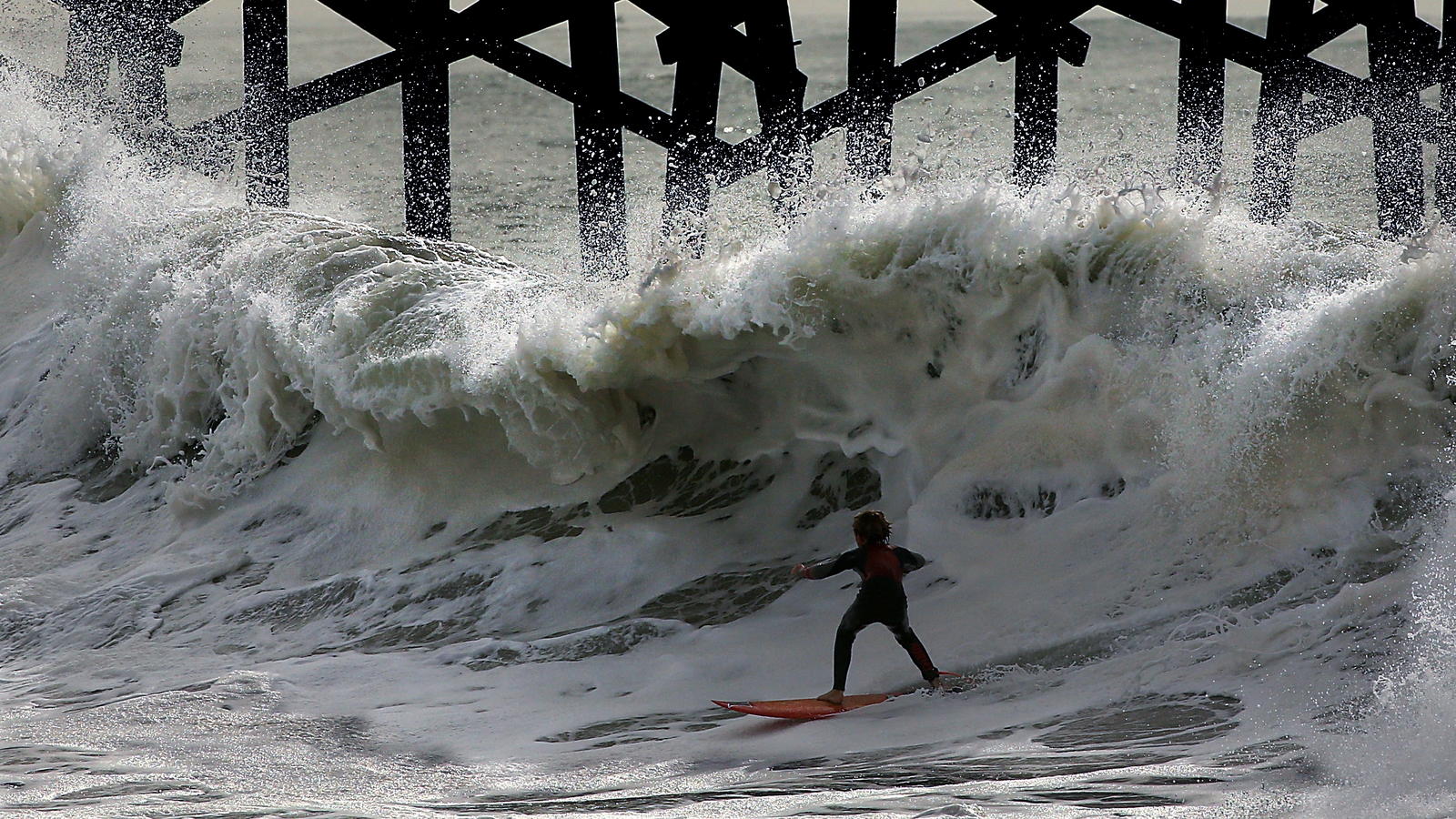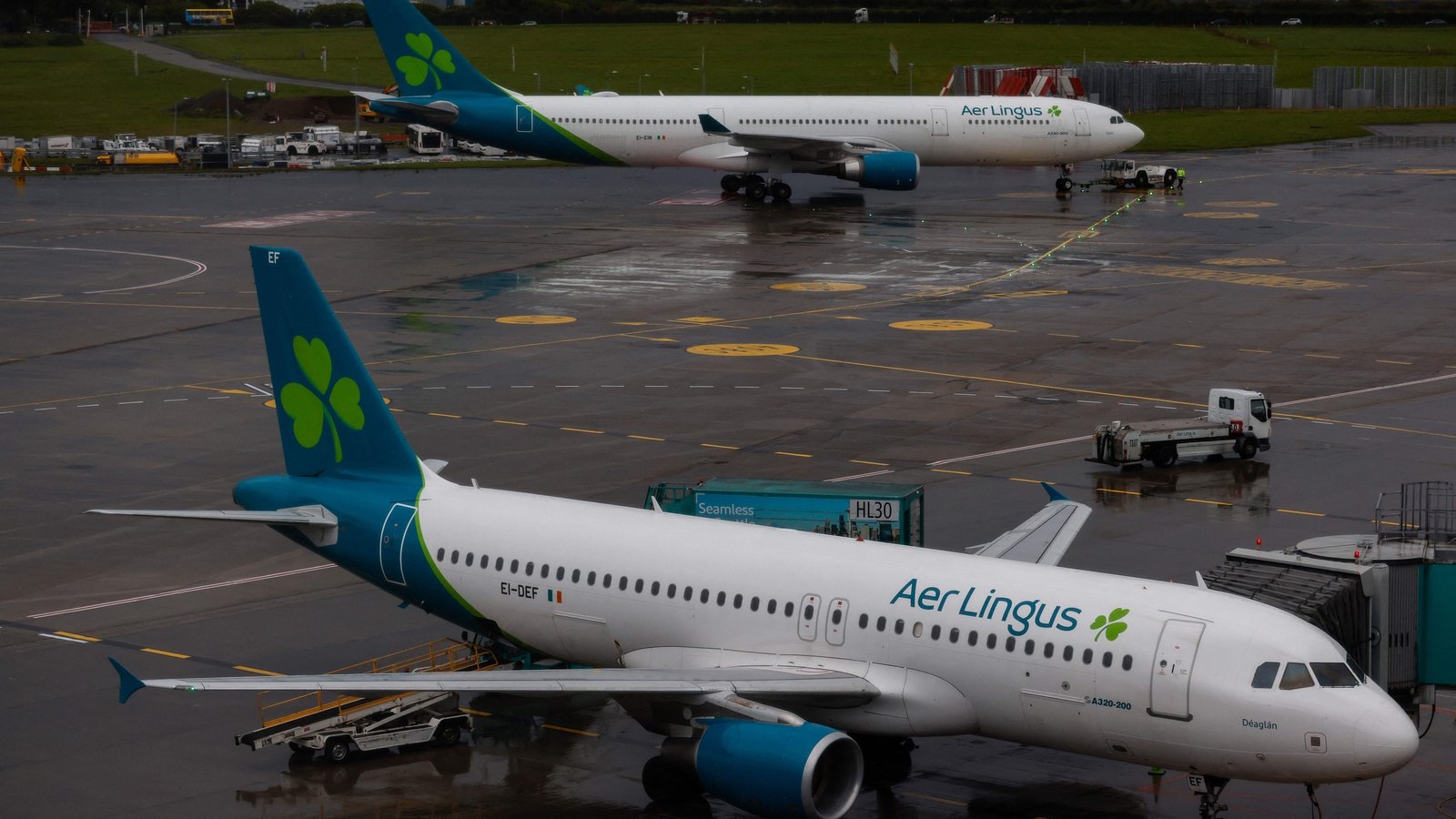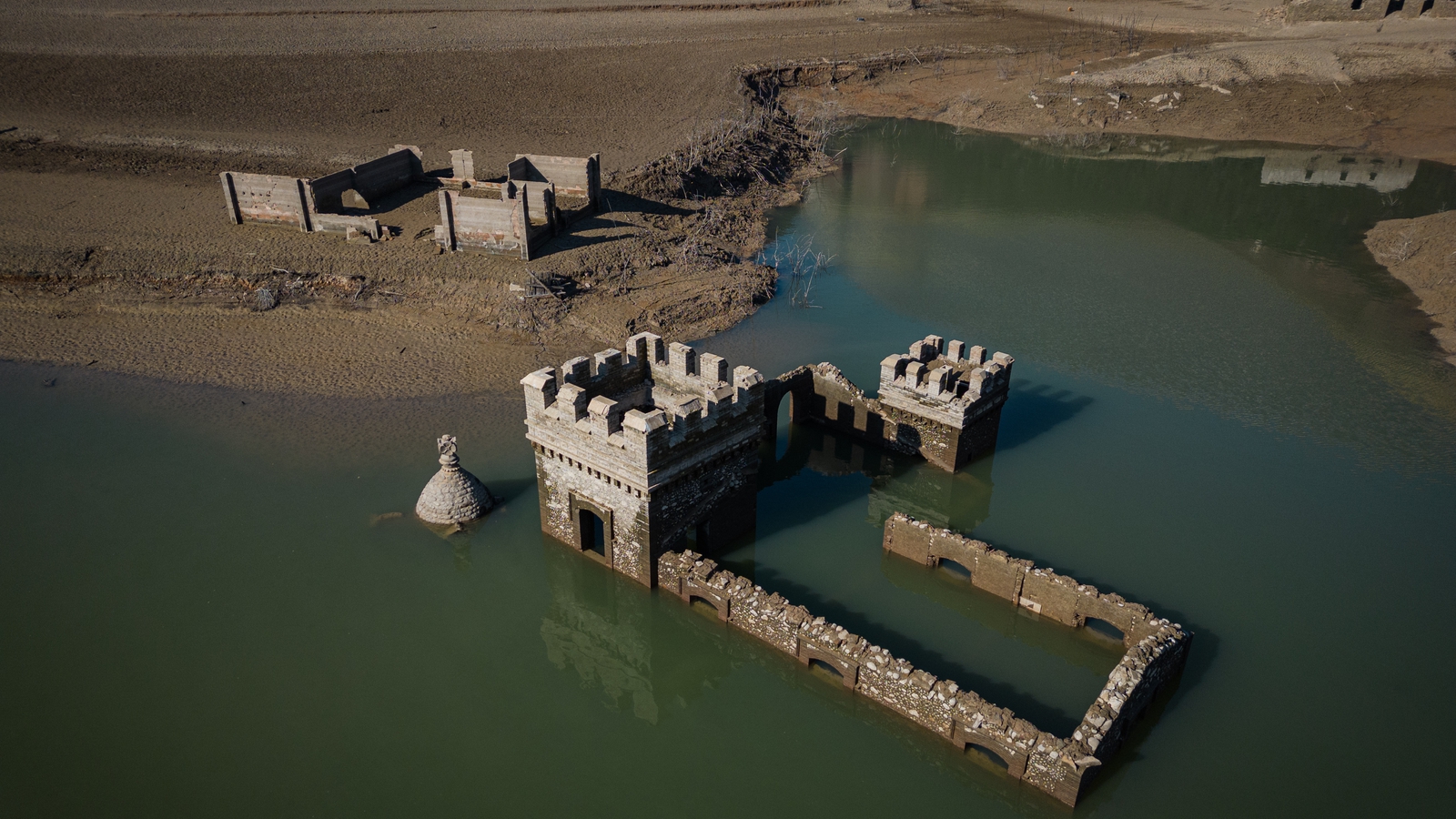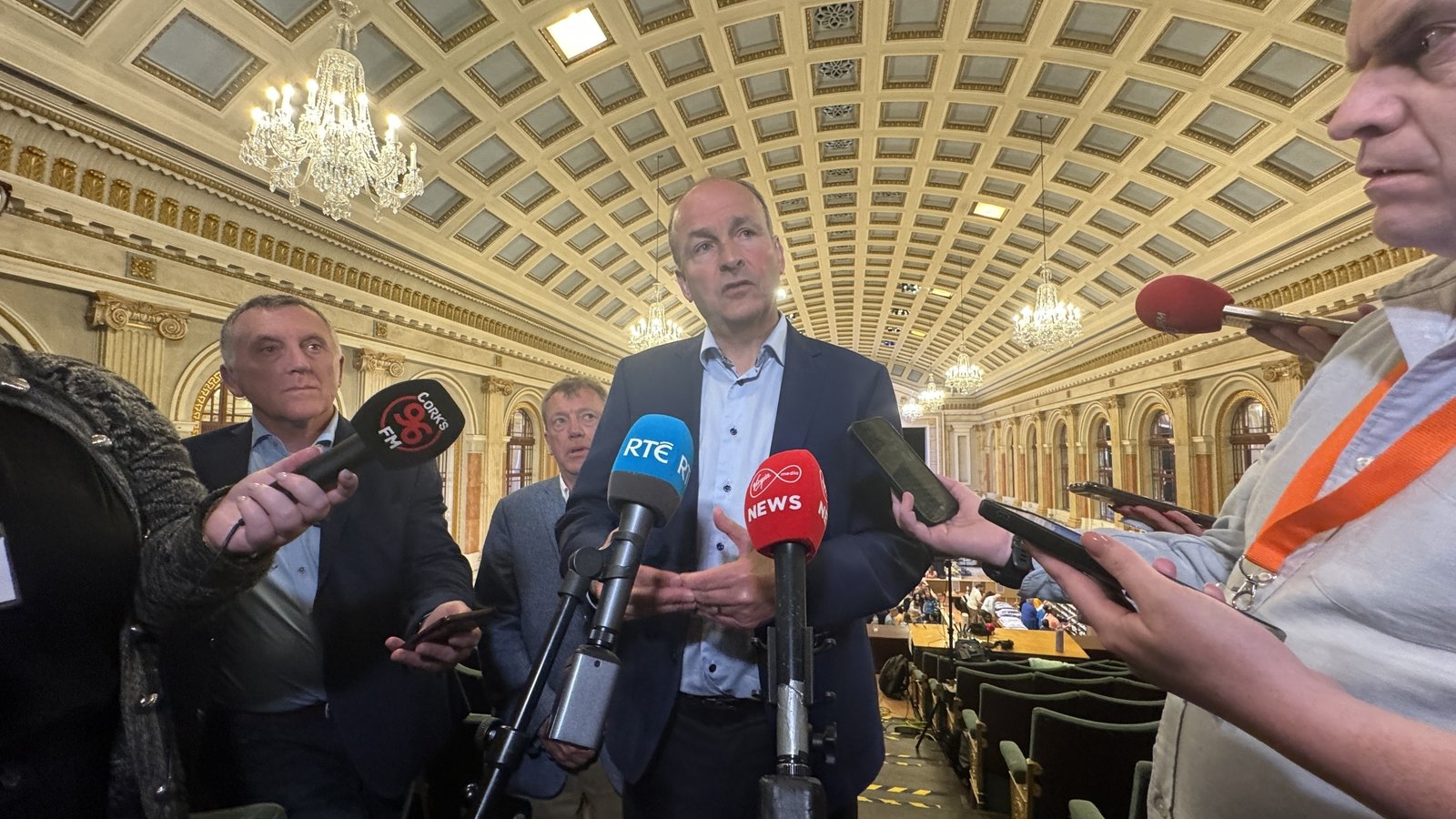Consumers to pay more as carbon tax increases
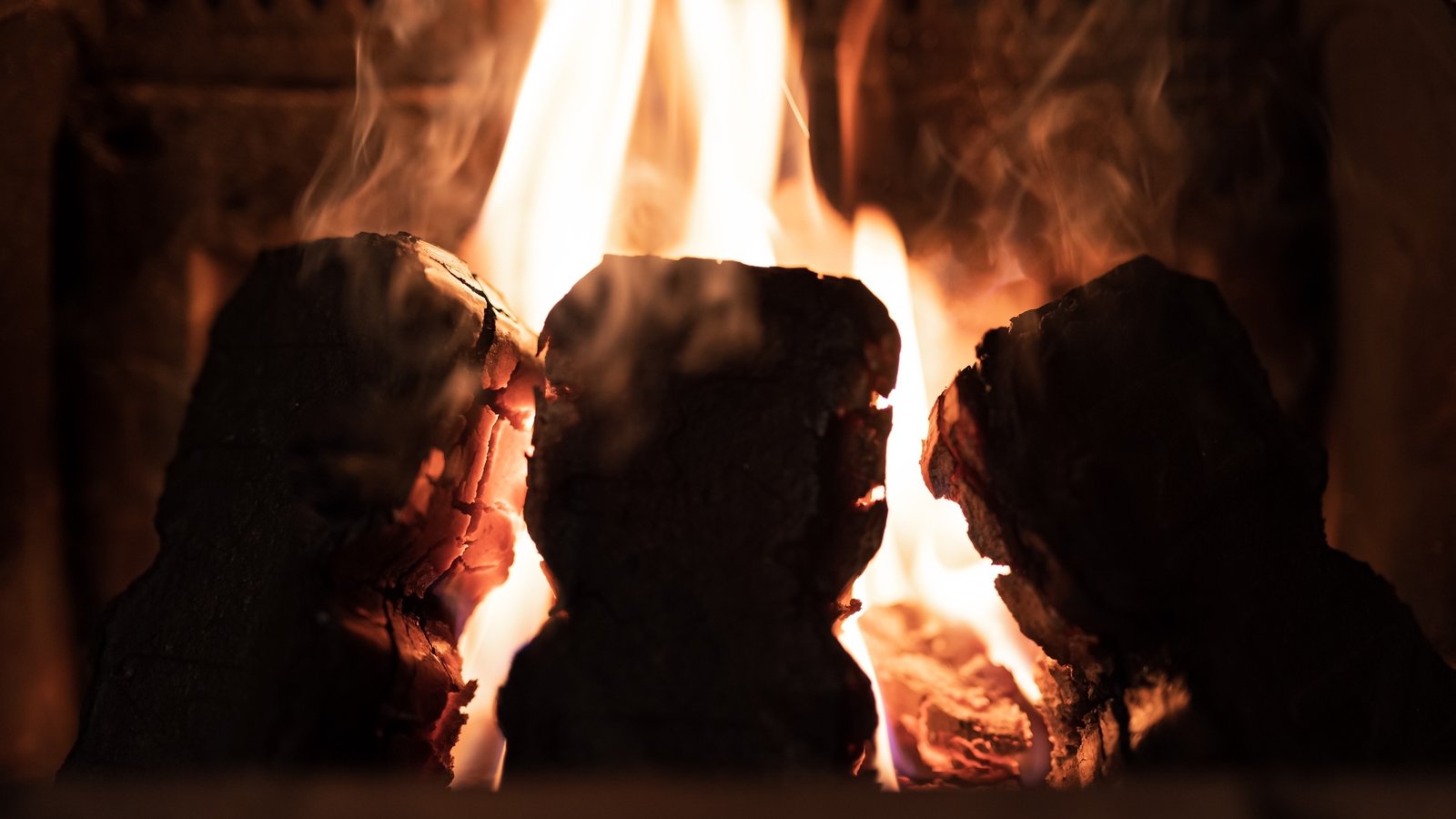
The rate of carbon tax will increase today with consumers of carbon fuels set to pay more for such products.
Carbon tax is applied per tonne of carbon dioxide emitted by carbon fuels and from today it increases by €7.50 bringing the rate to €56 per tonne.
From today, natural gas customers will also pay just over 1c extra per kilowatt hour, adding just under €17 to annual bills.
It will bring the total carbon tax that customers pay in a year to around €122, based on average consumption of 11,000 kilowatt hours for households.
The increase will also add €19.40 to the cost of filling a 900-litre tank of kerosene home heating oil.
Users of coal and briquettes for heat will also see prices rise.
Carbon tax on a 40kg bag of coal will add an extra 90c per bag and a bale of briquettes will rise by 20c.
However, petrol and diesel prices will not rise today, as the carbon tax increase was applied to those products last October.
Darragh Cassidy of switcher website Bonkers.ie said consumers will not welcome more cost hikes.
“With energy prices still at extremely high levels, it’s fair to say this tax increase won’t be welcomed by many,” he said.
“There is also concern that it disproportionately affects those on lower incomes,” he added.
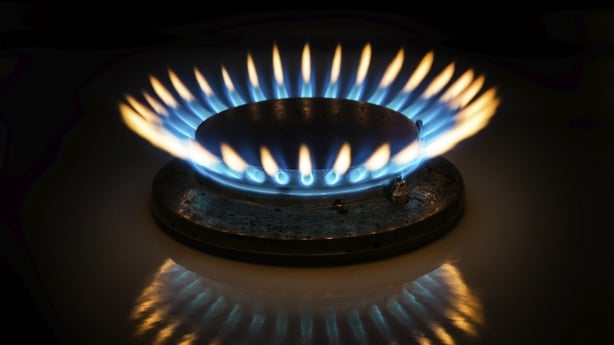
Mr Cassidy said that the rise in carbon tax is “here to stay and an increase to €100 has been legislated for already”.
Mr Cassidy suggested that consumers can switch gas suppliers and get discounts for signing new contracts which would offset the latest carbon tax increase.
Alternatively, they can try and reduce usage by investing in retrofits for their homes, he said.
“Investing in a retrofit and looking for ways to make your home more energy efficient is also an option and is one of the ultimate aims of the carbon tax in the first place,” he said.
Mr Cassidy said retrofitting “isn’t cheap”.
However, he said the Sustainable Energy Authority of Ireland (SEAI) has a range of grant options available, adding that “many lenders now provide low-cost green loans for those who are making energy-efficient upgrades to their home”.
Introduced in 2010, carbon tax is intended to reduce carbon dioxide emissions and is part of Ireland’s strategy to support a greener and cleaner environment.
Fuel suppliers must collect the tax and pay it to the Revenue Commissioners.
Today’s increase brings the rate to €56 per tonne of carbon dioxide but by 2030 it will be charged at a rate of €100 per tonne.
Revenue raised by the carbon tax amounting to €788 million is ringfenced for climate action related supports.
This year, €380 million of this money is being allocated for investment in residential and community energy efficiency.
Meanwhile, €262 million will be spent on targeted social protection interventions to ensure the most vulnerable are protected from unintended impacts of the tax increase and €113 million is being allocated to incentivising farmers to operate in a greener more sustainable way while €33 million is for the Carbon tax Investment programme.
Carbon tax is also spent on greenways, electric vehicles grants and charging points, and peatlands restoration.


